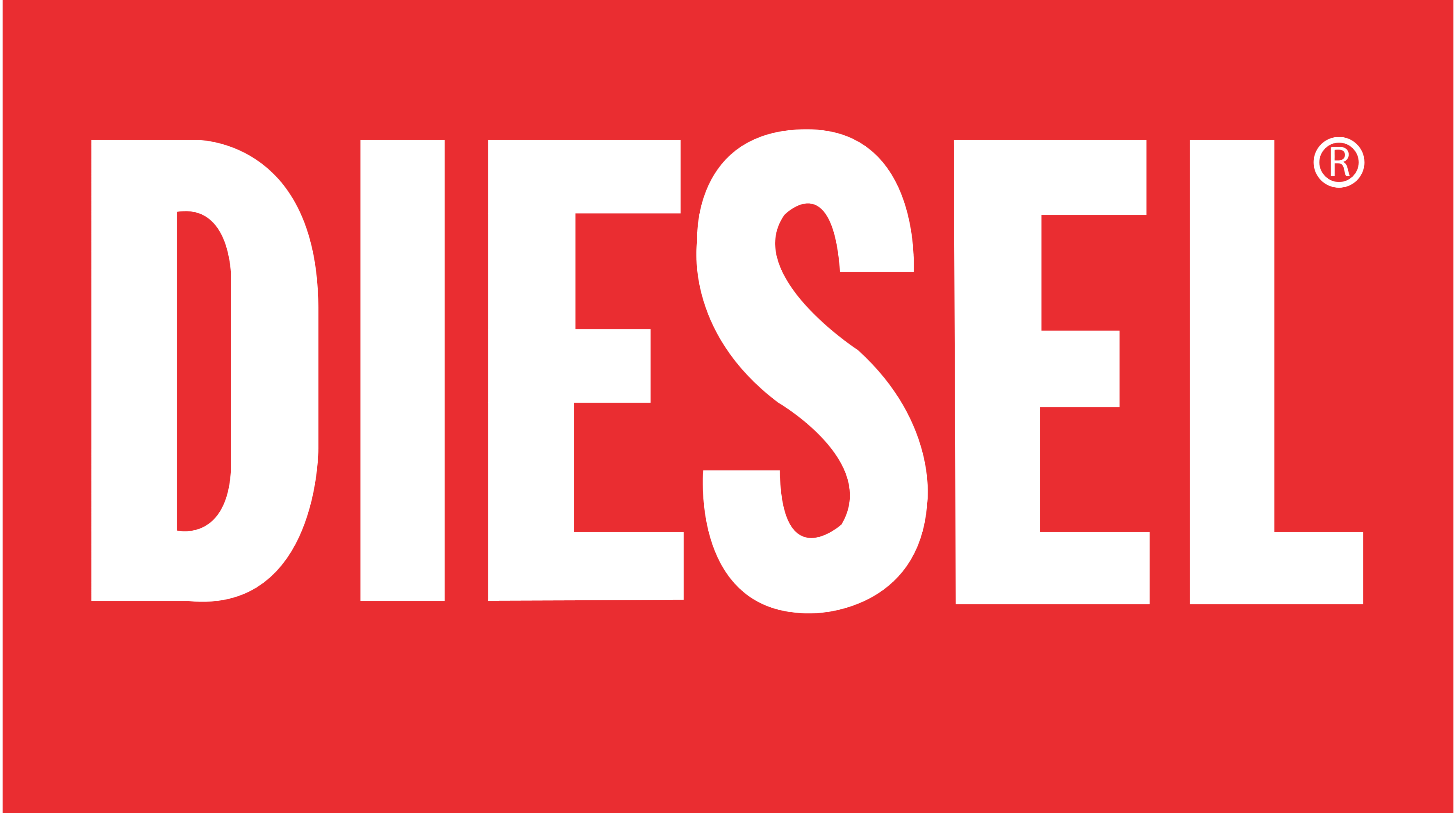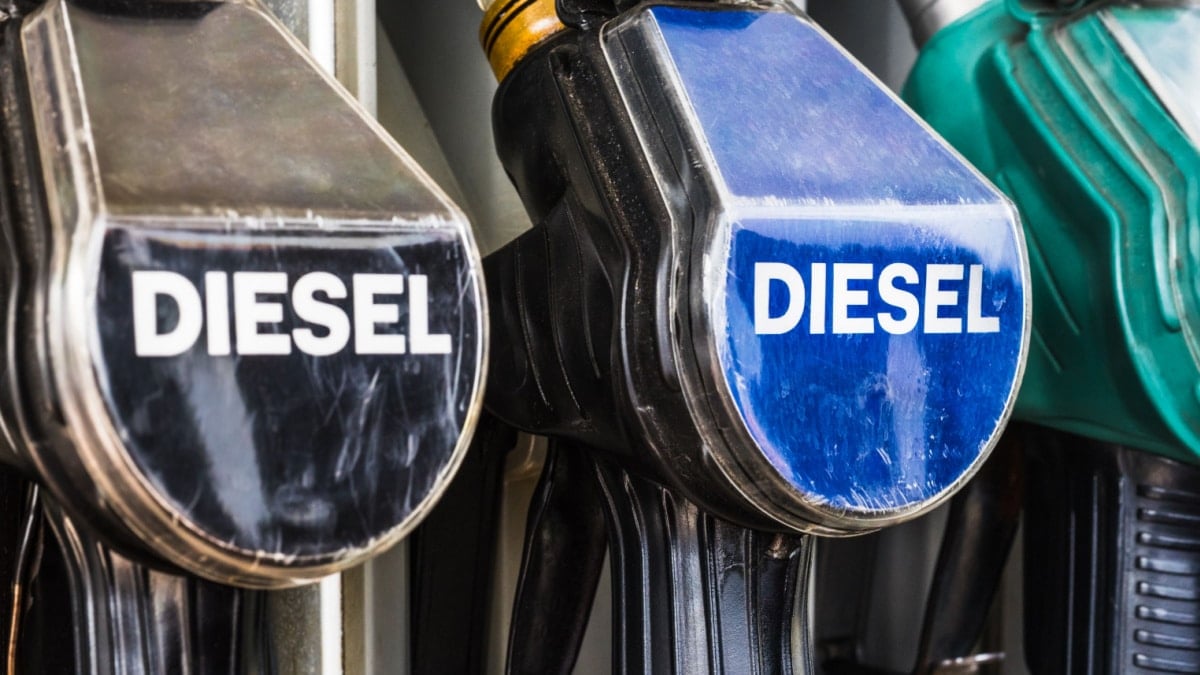Have you ever stopped to think about the incredible journey diesel engines have taken? It's a fascinating story, really. From their early days powering heavy machinery to becoming a surprisingly nimble option for everyday vehicles, the path has been quite something. We are, you know, looking at a shift in how we perceive this long-standing technology.
For many, the word "diesel" might still bring to mind loud trucks and big, smoky exhausts. But hold on a minute. That picture is, honestly, a bit old-fashioned now. Modern advancements have truly transformed what a diesel engine can do, and how it behaves on the road.
Imagine a vehicle that combines impressive fuel economy with robust pulling power, all while running smoothly and quietly. This is, in a way, the essence of what we're calling the "diesel dart" – a representation of how sleek and efficient contemporary diesel technology has become. It's about moving forward, not just in speed, but also in how we consider fuel options.
Table of Contents
- Understanding the Diesel Dart: More Than Just a Name
- A Brief History of Diesel Power
- How Modern Diesel Engines Operate
- Fuel Efficiency: The Diesel Dart's Superpower
- Tackling Emissions: Cleaner Diesel for a Greener Path
- The Quiet Ride and Comfort Factor
- Keeping Your Diesel Dart Running Smoothly
- The Future Outlook for Diesel Technology
- Frequently Asked Questions About Diesel Dart
- Looking Ahead with the Diesel Dart
Understanding the Diesel Dart: More Than Just a Name
When we talk about the "diesel dart," we're not necessarily pointing to one specific car model. Instead, it's a concept, a way of looking at today's diesel vehicles that are surprisingly agile and efficient. It represents the very best of modern diesel engineering, a pretty big step forward from what many might recall.
This idea brings together the traditional strength of diesel with the quick, responsive feel of a nimble vehicle. It's about showing how far these engines have come, offering a blend of power and refined performance. You know, it's a different animal now.
The audience for something like a "diesel dart" would be folks who care about how far their fuel takes them. They might also want plenty of pulling power for their adventures, or just for daily driving. They are, in fact, looking for a smart choice that balances these things.
A Brief History of Diesel Power
The story of diesel fuel and engines really begins with Rudolf Diesel, the inventor who gave his name to this amazing creation. It's interesting how product names, especially those from an inventor's name, often keep that capitalization, just like "Diesel." This fuel, a petroleum distillate, is, essentially, what powers so many trucks and other big machines.
Early diesel engines were, admittedly, quite different from what we see today. They were robust and reliable, but perhaps not known for their quiet operation or refined manners. You could say they were built for pure, unadulterated work, more or less.
Over the years, the technology has certainly evolved. From those initial, somewhat clunky beginnings, we've seen steady improvements. This has led to the sleek, capable engines that power our hypothetical "diesel dart" today, a pretty big transformation, you know.
How Modern Diesel Engines Operate
At its heart, a diesel engine works by compressing air to a very high temperature. Then, fuel is sprayed into this hot, compressed air, and it ignites without a spark plug. This process is, quite simply, incredibly efficient at turning fuel into motion.
Modern diesel engines use advanced fuel injection systems that precisely control the amount of fuel entering the engine. This careful management of fuel flow is, in a way, key to their efficiency and reduced emissions. It's a far cry from older, less precise methods.
Unlike some other engine types, control in a diesel engine is mostly about changing the fuel flow, not the air flow. This distinct approach means these engines can be incredibly responsive. So, you might say they're always ready to go.
Fuel Efficiency: The Diesel Dart's Superpower
One of the most appealing aspects of diesel vehicles, and certainly our "diesel dart" concept, is their remarkable fuel efficiency. Diesel fuel, you see, contains more energy per gallon than gasoline. This means you can travel further on the same amount of fuel, which is pretty good for your wallet.
For drivers who spend a lot of time on the road, or those who simply want to make fewer stops at the pump, this can be a huge benefit. It's, honestly, a practical advantage that really stands out. You get more miles for your money, which is always a plus.
This efficiency isn't just about saving cash, either. It also means less fuel is being consumed overall, which has a positive impact on resource use. So, in some respects, it's a win-win situation for drivers and for the bigger picture.
Tackling Emissions: Cleaner Diesel for a Greener Path
Historically, there have been concerns about diesel emissions, particularly regarding what's often called "particulate matter." The government, as a matter of fact, placed restrictions on both diesel fuel and diesel engines to address these very issues. It was a clear signal that change was needed.
But there's an important distinction to make: are we talking about "diesel particulates" or "diesel particles?" While some dictionaries might not show a difference, your English teacher might have told you there's a subtle nuance. Generally, "particulate" refers to the tiny bits of solid or liquid matter suspended in a gas, often used in a more technical sense, like "particulate emissions." "Particle" is a more general term for a small piece of something. Modern diesel engines, you know, work hard to reduce these.
Today's diesel engines use advanced systems like Diesel Particulate Filters (DPFs) and Selective Catalytic Reduction (SCR) to significantly clean up their exhaust. These technologies are, quite literally, designed to capture or transform harmful substances. This means that a modern "diesel dart" is much, much cleaner than its predecessors, which is pretty great for the air we breathe.
These innovations have made a real difference in the environmental footprint of diesel vehicles. They've helped diesel remain a viable and, frankly, improved option in an era where cleaner air is a big priority. Learn more about diesel technology on our site, and link to this page understanding emissions control.
The Quiet Ride and Comfort Factor
Remember when diesel engines were famously noisy? "Modern cars aren't supposed to make much noise at all," and that applies to modern diesels, too. Engineers have put a lot of effort into making these engines much quieter and smoother. This means a more pleasant driving experience for everyone.
For travelers, this quiet operation adds a lot to comfort, especially on long highway trips. There's the comfort of travelers and the general public near the highway to consider, not to mention the fact that fuel. A quieter engine makes for a less tiring journey, which is, honestly, a big plus.
The reduced vibrations and smoother power delivery also contribute to a more refined feel inside the cabin. It's a far cry from the clatter of older diesel vehicles. So, you might even forget you're driving a diesel, which is pretty cool.
Keeping Your Diesel Dart Running Smoothly
Just like any vehicle, a "diesel dart" needs proper care to keep it performing at its best. Regular oil changes, using the correct type of diesel fuel, and keeping an eye on your engine's warning lights are all, you know, pretty important steps. It's about proactive care.
Paying attention to things like fuel filter replacement is also key. Diesel fuel, while efficient, can sometimes have contaminants. A clean fuel filter helps protect your engine's precise injection system. This is, in fact, a small step that makes a big difference.
And if your vehicle has a Diesel Particulate Filter, understanding how it regenerates is helpful. This process cleans the filter, ensuring it continues to reduce emissions effectively. It's, arguably, a simple bit of knowledge that helps maintain your vehicle's performance and environmental compliance.
The Future Outlook for Diesel Technology
Even with the rise of electric vehicles, diesel technology isn't standing still. There are many versions of this proverb, which suggests there are always several ways to do something, and that applies to powering our vehicles, too. Innovations like hybrid diesel systems and the development of synthetic diesel fuels are showing new paths forward.
These developments aim to make diesel even cleaner and more sustainable. They are, quite literally, pushing the boundaries of what's possible with this fuel type. It's about finding ways to keep diesel relevant in a changing world.
The earliest printed citation of this proverbial saying that I can find is in a... well, the idea of constant innovation certainly applies here. The commitment to reducing environmental impact while maintaining performance means diesel will likely have a role to play for some time yet. So, it's not going anywhere soon.
Frequently Asked Questions About Diesel Dart
What makes a "diesel dart" different from older diesel cars?
Modern "diesel darts" are much quieter and cleaner than older models. They use advanced technology for fuel injection and emissions control. This means better fuel economy and a smoother ride, honestly, a significant improvement.
Are modern diesel engines better for the environment?
Yes, modern diesel engines are significantly cleaner. They have systems that reduce particulate matter and other emissions. This helps them meet strict environmental standards, which is, in fact, a big step forward.
Is diesel fuel still widely available?
Absolutely, diesel fuel is very much available at most gas stations, especially those that cater to larger vehicles. It's, generally, a common fuel type across the globe, so finding it isn't usually an issue.
Looking Ahead with the Diesel Dart
The "diesel dart" concept highlights how far diesel technology has advanced. It's about recognizing the quiet, efficient, and powerful options available today. This blend of attributes makes modern diesel a compelling choice for many drivers, which is pretty neat.
If you're considering a new vehicle, taking a closer look at modern diesel options might just surprise you. They offer a unique combination of long-range capability, impressive pulling power, and surprising refinement. So, it's worth exploring, honestly.
It's clear that the story of diesel is still being written, with innovation continuing to shape its future. Considering its past, present, and potential, the "diesel dart" really does represent a smart choice for the road ahead. You know, it's a solid option.



